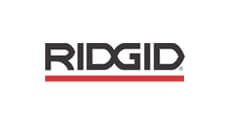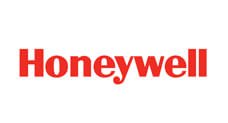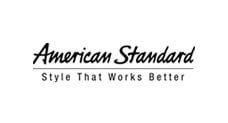HOME HEATING SYSTEMS EXPLAINED
There are many considerations when choosing a new or replacement heating system such as:
- Is this new construction or a furnace or boiler for a replacement?
- How big (BTU’s) must the new system be to cover my home or business?
- Must my new system fit exactly into the existing heating installation?
- Can I switch from electric heating systems to gas or oil?
- Will I want to attach a central air conditioning system now or in the future?
- Will my boiler also serve as the hot water supply for my house?
- Does the payback in energy savings justify my investment in a new heating system?
- Do I or any members of my family have airborne allergies?
- Am I space constrained?
- What accessories will improve the performance of my new or existing heating system?
- Will I install the system myself or have a professional heating system installer do it?
- Are there other things I could be doing to improve the energy efficiency of my home?
If your furnace or boiler is old, worn out, inefficient, or significantly oversized, the simplest solution is to replace it with a modern high-efficiency model. Old coal burners that were switched over to oil or gas are prime candidates for replacement, as well as gas furnaces with pilot lights rather than electronic ignitions.
Being Green
It is well known that Energy efficiency upgrades and a new high-efficiency heating system can cut your fuel bills and your furnace’s pollution output in half. The department of energy states that upgrading your furnace or boiler from 56% to 90% efficiency in an average cold-climate house will save 1.5 tons of carbon dioxide emissions each year if you heat with gas, or 2.5 tons if you heat with oil. For an estimate of what the savings could be for your replacement, consider the table below:
Annual Estimated Savings for Every $100 of Fuel Costs by Increasing Your Heating Equipment Efficiency*
| Existing System AFUE | New/Upgraded System AFUE | ||||||||
| 55% | 60% | 65% | 70% | 75% | 80% | 85% | 90% | 95% | |
| 50% |
$9.09 |
$16.76 |
$23.07 |
$28.57 |
$33.33 |
$37.50 |
$41.24 |
$44.24 |
$47.36 |
| 55% |
—- |
$8.33 |
$15.38 |
$21.42 |
$26.66 |
$31.20 |
$35.29 |
$38.88 |
$42.10 |
| 60% |
—- |
—- |
$7.69 |
$14.28 |
$20.00 |
$25.00 |
$29.41 |
$33.33 |
$37.80 |
| 65% |
—- |
—- |
—- |
$7.14 |
$13.33 |
$18.75 |
$23.52 |
$27.77 |
$31.57 |
| 70% |
—- |
—- |
—- |
—- |
$6.66 |
$12.50 |
$17.64 |
$22.22 |
$26.32 |
| 75% |
—- |
—- |
—- |
—- |
—- |
$6.50 |
$11.76 |
$16.66 |
$21.10 |
| 80% |
—- |
—- |
—- |
—- |
—- |
—- |
$5.88 |
$11.11 |
$15.80 |
| 85% |
—- |
—- |
—- |
—- |
—- |
—- |
—- |
$5.55 |
$10.50 |
| 90% |
—- |
—- |
—- |
—- |
—- |
—- |
—- |
—- |
$5.30 |
*Assuming the same heat output between the new and old system (BTU’s)
Per this table, if you spend roughly $2000 per year on heating bills, and you upgrade from a 60% efficient boiler to a new 90% efficient system, you would save approximately $750 per year in heating costs! You can save even more if you are able to “Downsize” your boiler as the new systems are much more effective at delivering the same heat in smaller capacities than furnace systems of years ago which were typically oversized by today’s standards. We highly recommend that you contract with a professional for proper BTU sizing for your home or business.








